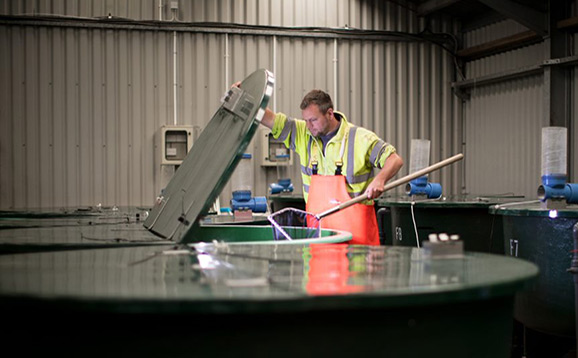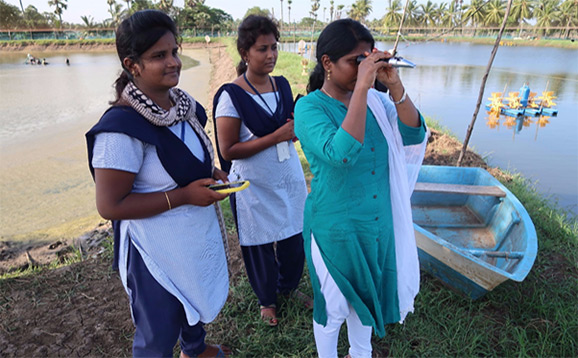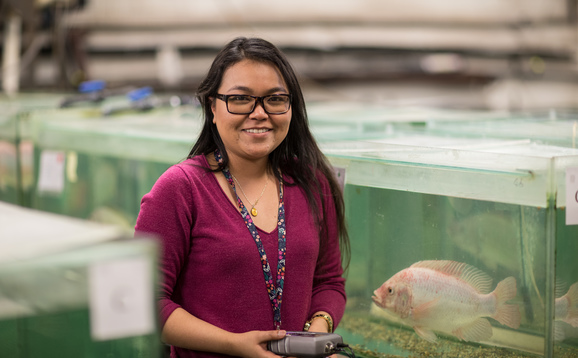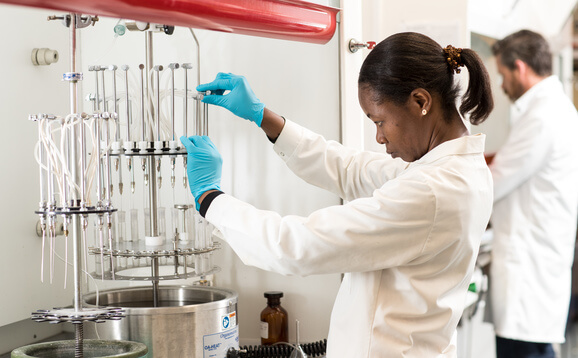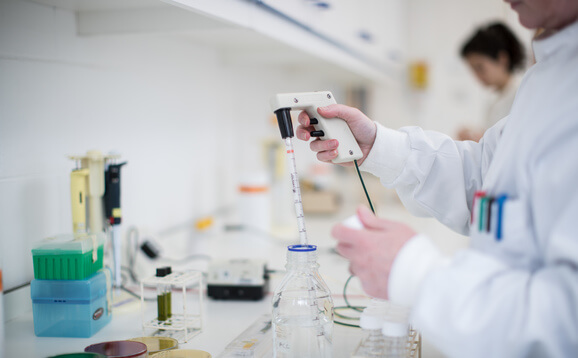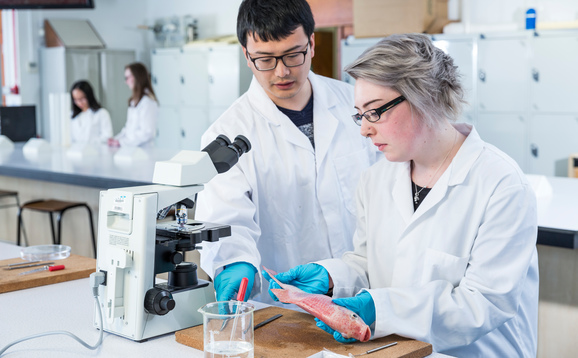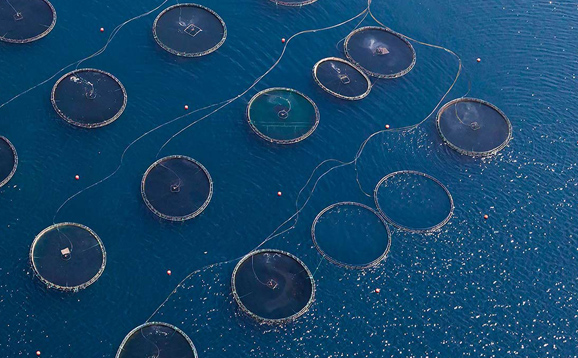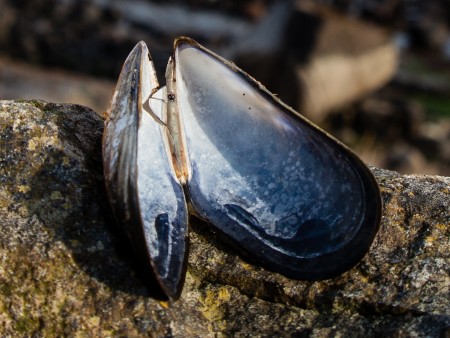Queen’s Anniversary Prize
In 2019 the Institute of Aquaculture was awarded the UK’s most prestigious academic honour – the Queen’s Anniversary Prize in recognition of the impact and international reach of our research on society, the economy and health of aquatic ecosystems.
University of Stirling wins the UK’s highest academic honour
